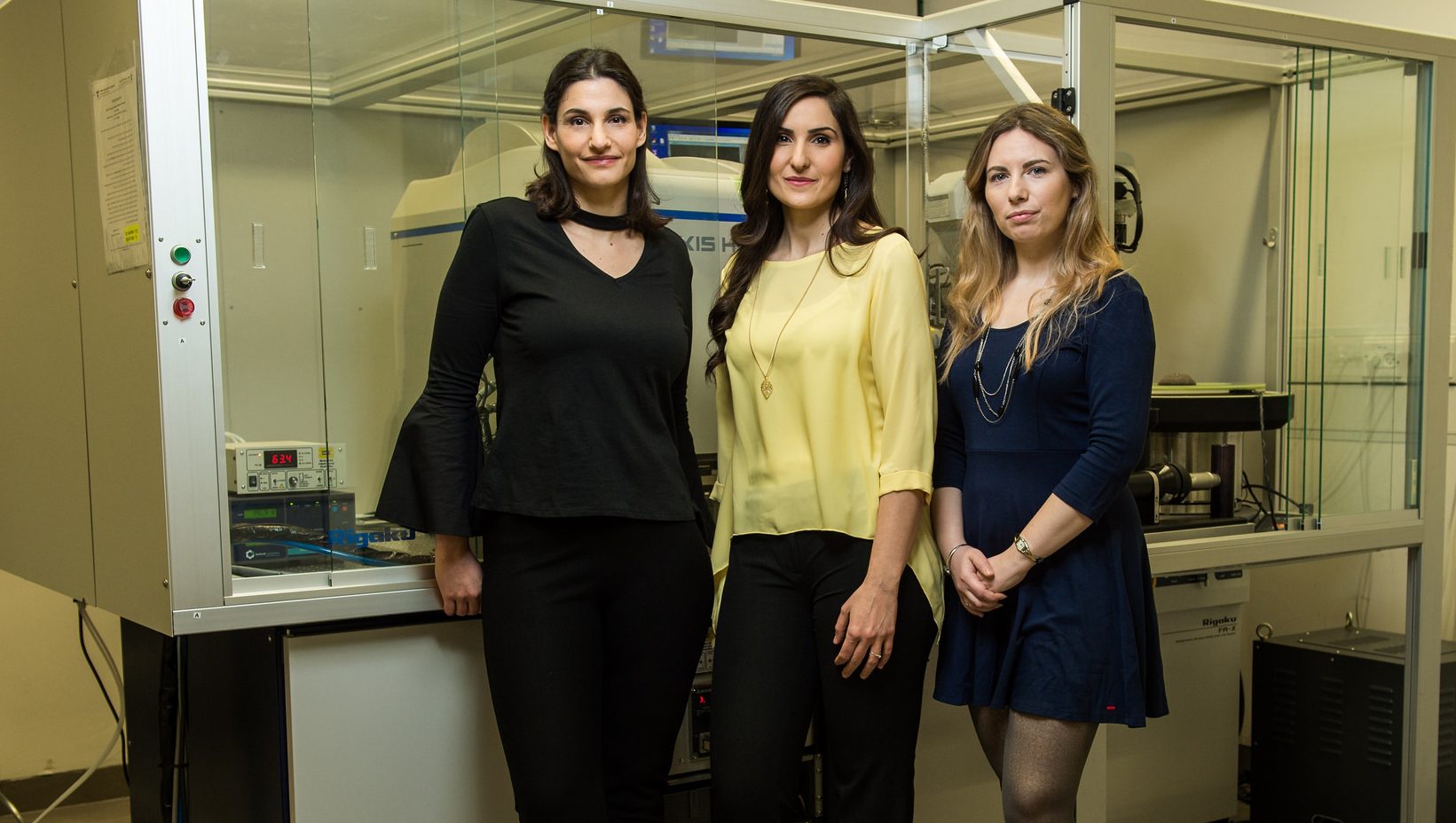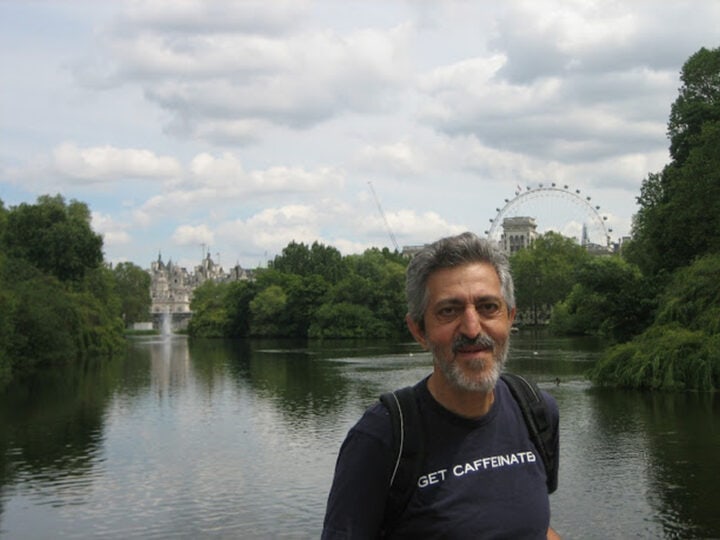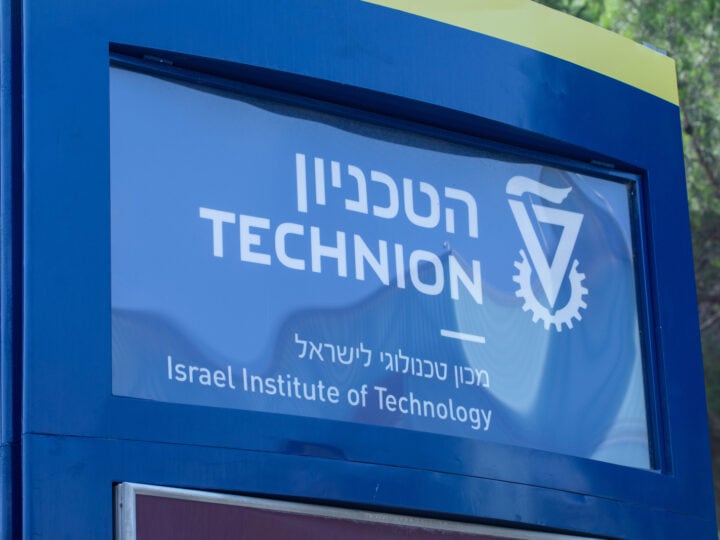Groundbreaking findings by a Technion-Israel Institute of Technology team could lead to the discovery of antibiotics with a novel mechanism of action that will attack key bacterial toxins.
The Israeli team, led by Assistant Professor Meytal Landau of the Faculty of Biology, has discovered unique amyloid fibrils through which the pathogenic and highly drug resistant Staphylococcus aureus bacterium attacks the human cells and immune system.
Staphylococcus aureus bacteria is one of the five most common causes of hospital-acquired infections. In the US alone, approximately 500,000 patients at hospitals contract a staph infection. It is the bacteria responsible for MRSA, for which there is no vaccine.
In an article recently published in the Science journal, the researchers explained their discovery ‘ammunition’ that assists the infectious bacterium: a novel form of an amyloid fibril whose three-dimensional structure was determined at atomic resolution, revealing the first-of-its-kind structure of this toxic fibril.
“At some point we knew that we had found something unique, but only after several trips to cyclic particle accelerators (Synchrotrons) in Grenoble and Chicago were we successful in verifying its being a new type of amyloid,” said Landau. “Much more work was required before we could publish our findings, but from the very first moment, it was clear to us that what we had was a paradigm shift.”
She estimates that the new discovery will lead to the development of antibiotics with a new action mechanism. Such drugs will inhibit the amyloid formation.
“Resistance to antibiotics develops in bacteria due to evolutionary pressure – natural selection leads to the growth of bacteria which antibiotics are unable to kill,” she said. “If we reduce the pressure on the bacterium and don’t kill it but rather prevent its pathogenic aspects, the resistance will probably not rush to develop.
“From the scientific standpoint, there is an important lesson here – thinking out of the box opens new doors. In this specific case, extending the repertoire of amyloids. Deciphering new structures of amyloids might lead to new insights regarding mechanisms of neurodegenerative diseases. It might also lead to the discovery of ‘good’ amyloids that take part in an organism’s natural protection against infections. Such research could lead to the development of novel means of protection against the toxins found in bacteria and fungi.”
The research was conducted by members of the Landau lab, including Einav Tayeb-Fligelman, Orly Tabachnikov, Asher Moshe and Orit Goldshmidt-Tran, with the assistance of Michael Sawaya from the University of California Los Angeles (UCLA), and of Nicolas Coquelle and Jacques-Philippe Colletier from Université Grenoble, France.
















